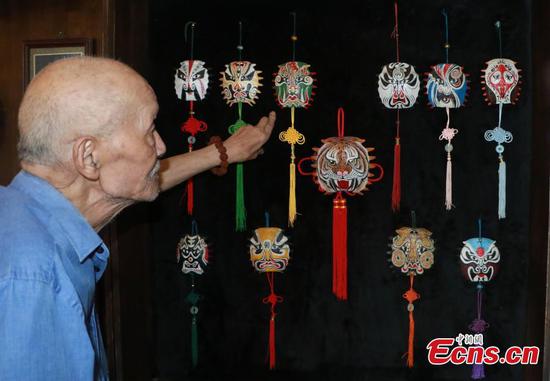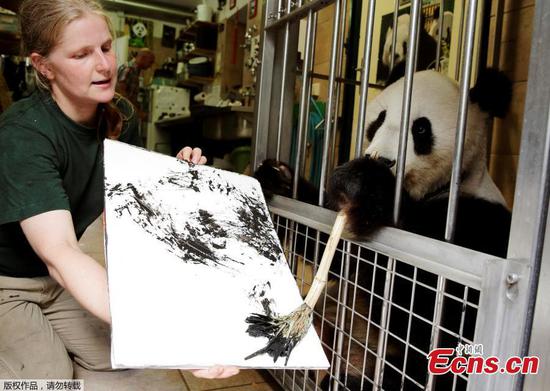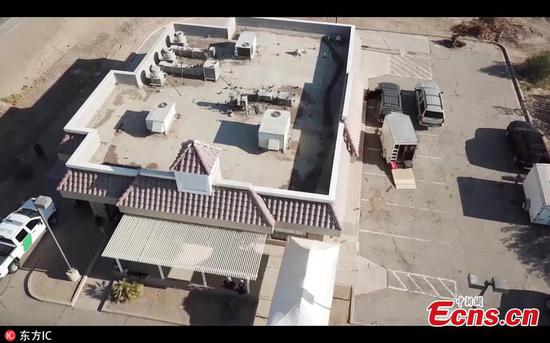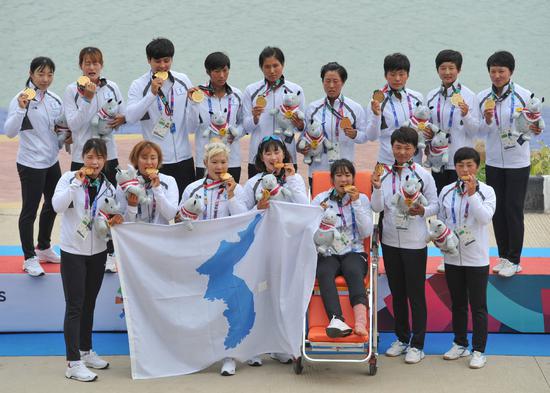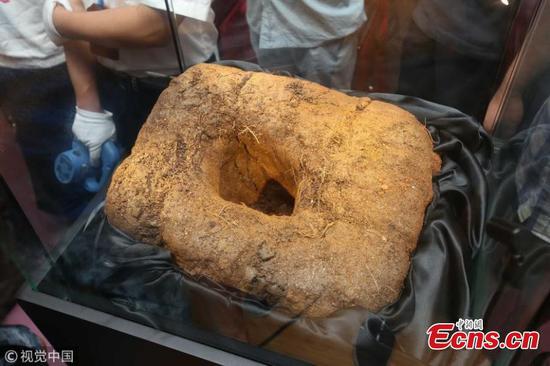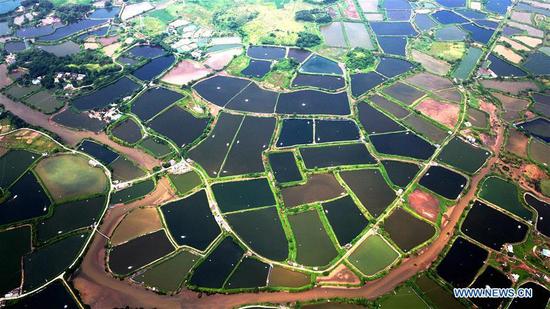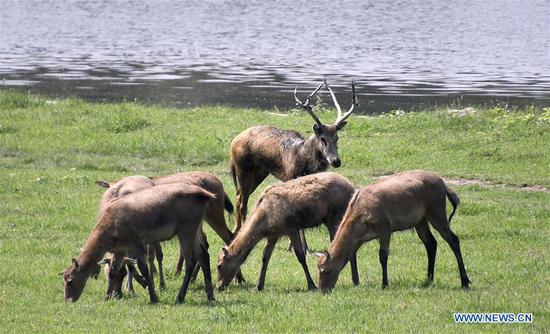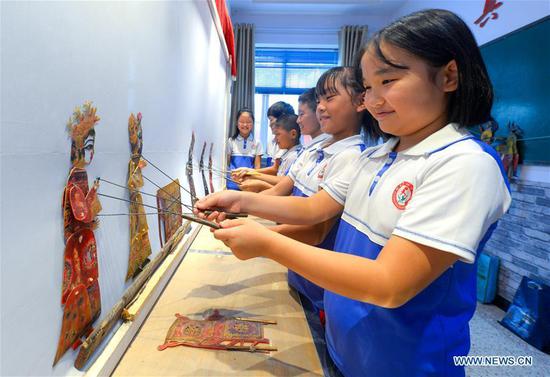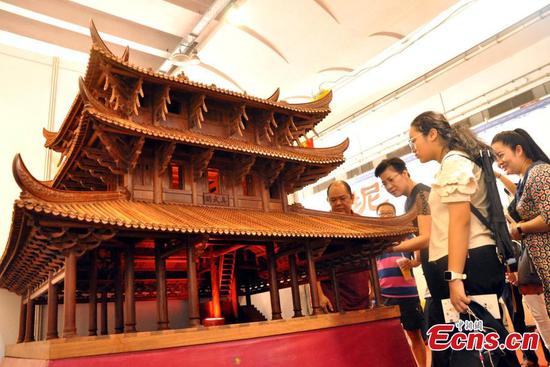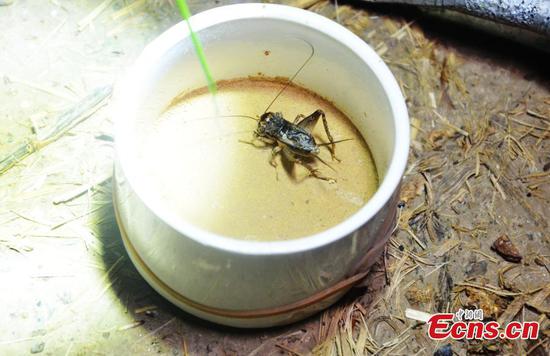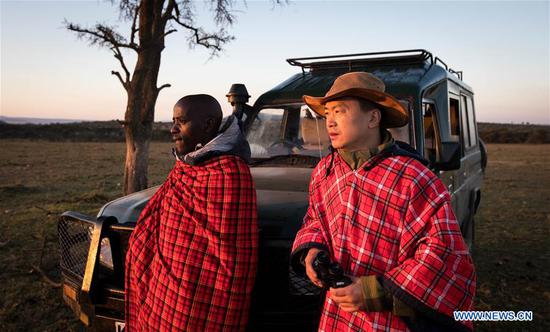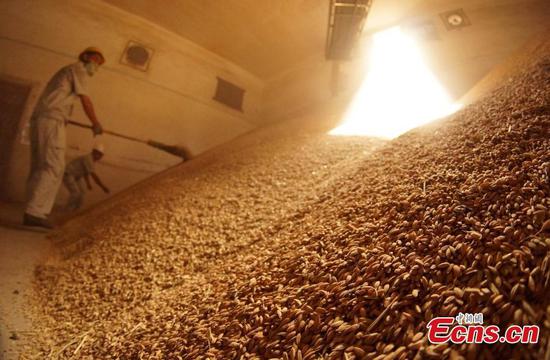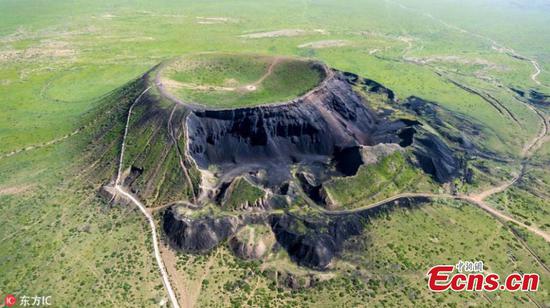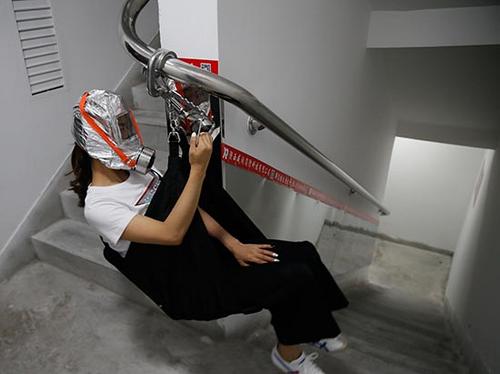An Australian based program which aims to reduce mosquito borne diseases like dengue and Zika worldwide, has been awarded a 38 million U.S. dollars grant on Tuesday to develop and expand their work.
Monash University's World Mosquito Program (WMP) takes a novel approach towards combating mosquito borne diseases, which has gained increased attention following successful trials in the North Australian cities of Cairns and Townsville.
Now the Bill & Melinda Gates Foundation and Wellcome Trust have awarded additional funds to the program, taking the total amount to 134 million U.S. dollars to assist in a worldwide rollout.
Counterintuitively the WMP method actually involves releasing more mosquitos, infected with a bacteria called Wolbachia, which then spreads to native populations of the insects.
"What we've found is that when mosquitos have this bacterium inside their bodies the viruses can't grow inside them, and if they can't grow, they can't be transmitted between people," WMP director Professor Scott O'Neill said.
Because of the unusual nature of the program O'Neill believes that both in Australia and abroad it is particularly important to involve communities in the processes of planning, and even deployment.
In recent trials in Townsville, the community was involved in releasing the insects themselves, with packages distributed by the WMP containing mosquito eggs and fish food.
"Community members and school children would put that into a container, add water, and the mosquitos would grow and release themselves," ONeill said.
O'Neill and his team are now preparing for what they expect will be a large influx of demand as their current global programs wrap up, and the results conclusively display the efficacy of the method.
With around 390 million cases of dengue fever every year, the WMP has an immense job ahead of them, however O'Neill remains optimistic and hopeful that they can make a difference.
"We would like to think that we will have a large impact," O'Neill said.
"To be able to eliminate these diseases will take many years but I think this technology can certainly help."












